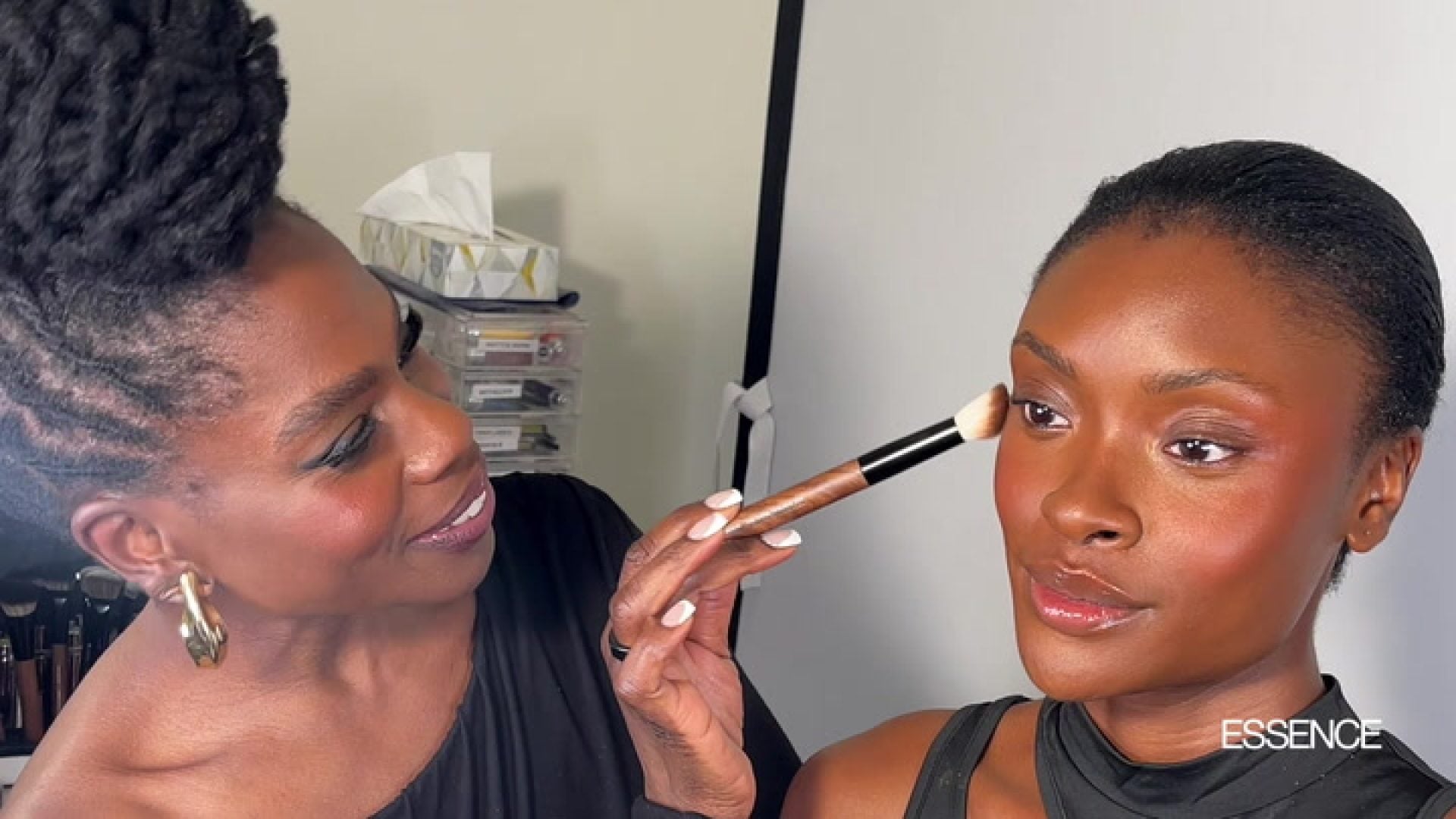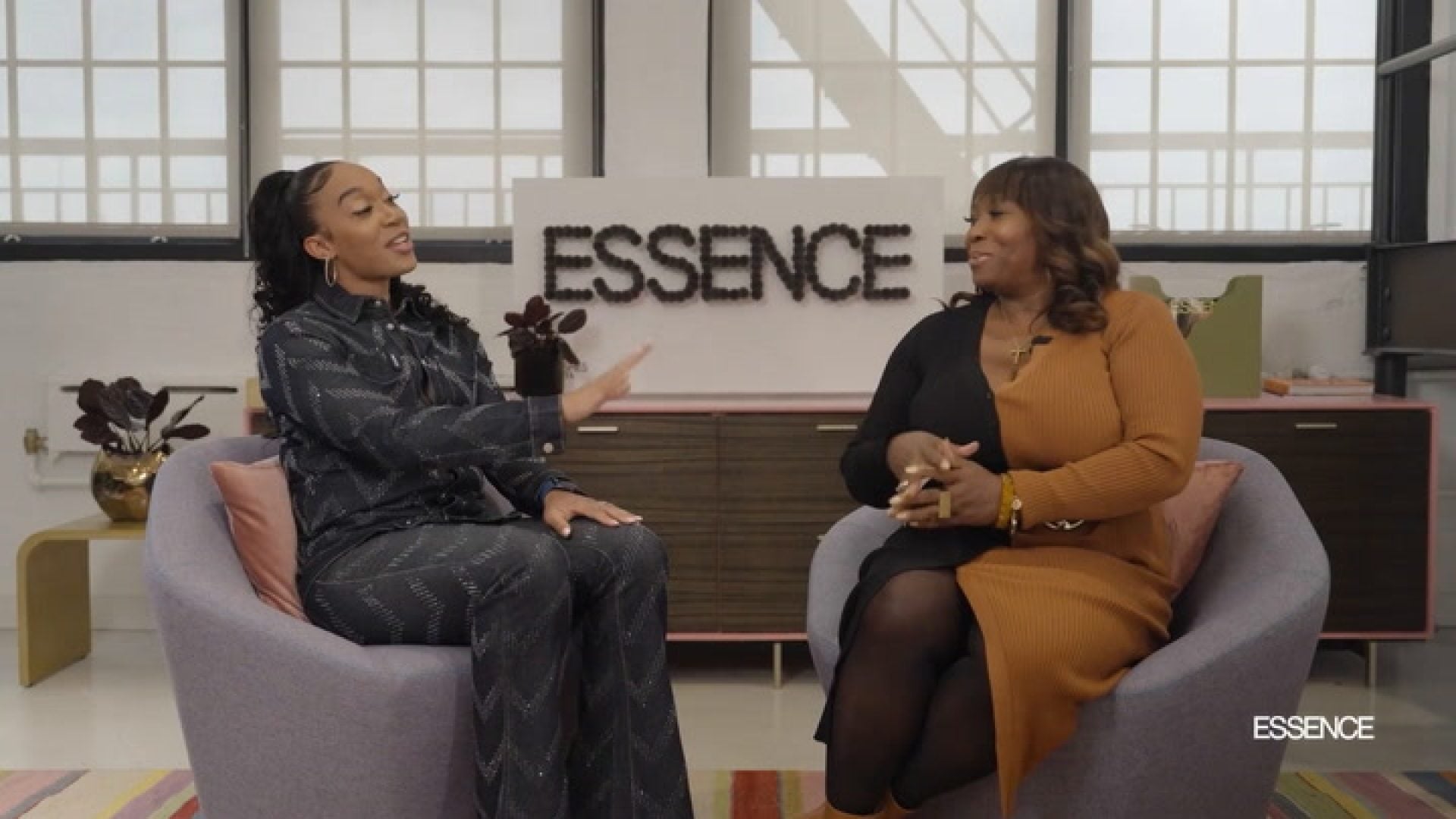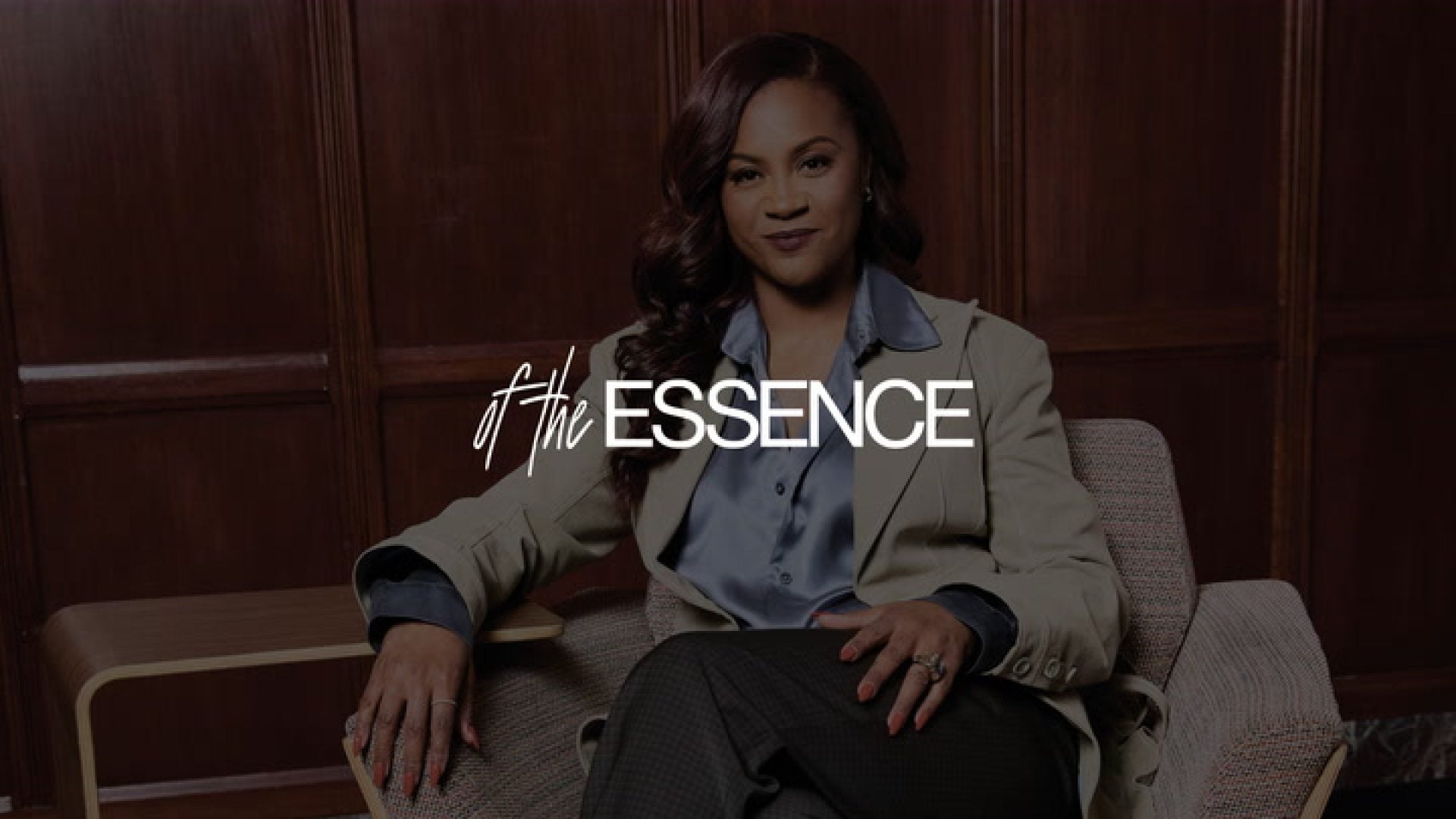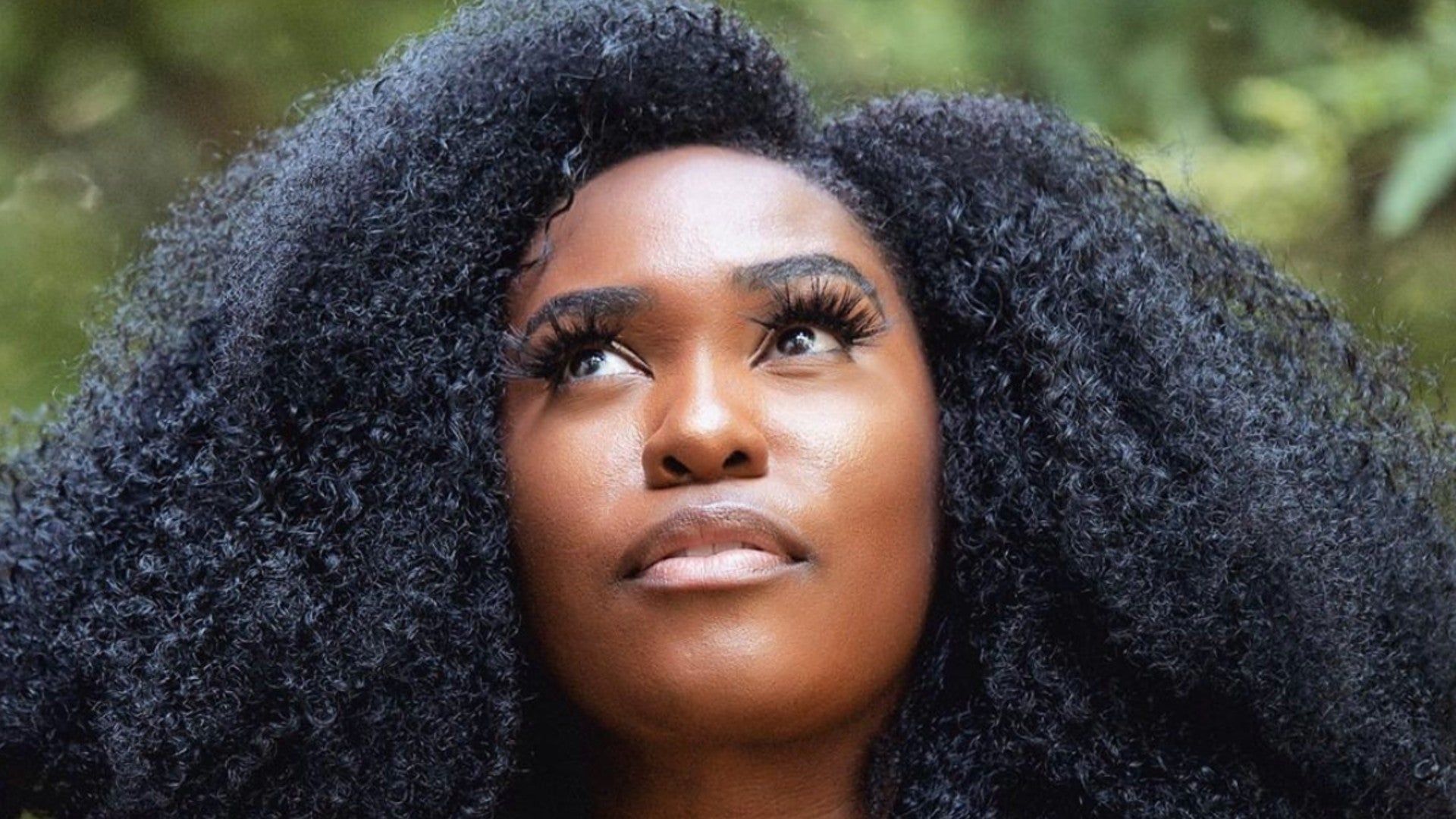
For most women a big chop is a pretty dramatic change. Whitney Eaddy’s was no different as the then 19-year-old had been wearing permed hair since the age of two. Her big chop meant that for first time in her adult life she would have to acquaint herself with her natural hair, and learn how to navigate caring for it. It was terrifying.
“Before I did my first big chop, I did ask my mom, who had been natural most of my life. So, I thought out of all people she would be excited. Instead she said, ‘Oh, are you sure that’s what you want to do?’” Eaddy explained to ESSENCE.
“But I did it and it was the most liberating, freeing thing I’ve ever experienced in my life. I went home my mom was like ‘Oh my gosh. You’re beautiful, you look amazing!’ She sounded really surprised. And she said, ‘Baby, honestly I wasn’t sure how your head was shaped, I didn’t know if you could pull it off.’”
Her tresses came with generational baggage of how Black hair should be presented to the world, and boundaries that she was rid of when she cut them off. And in her new freedom, Eaddy eventually found a career in taking the trauma out of the big chop by helping Black women with healthy hair growth.
In her professional journey to becoming a marketing executive she started doing makeup as a side hustle. While doing a client’s face for an event, she was asked if she could do hair. The client was impressed and recommended her to a friend.
Over time, several word of mouth recommendations became a full roster of clients for solely hair appointments. And four years ago, the entrepreneur began working with women full-time on the methodologies, processes, and techniques to growing healthy hair.
In her first year she had more than 300 clients. In year two her client roster exceeded 400, with a waitlist that ballooned to 2700 people. It reached the point where she had to shut down the list and restructure. She was doing it all alone and had to figure out a way to service everyone in need without spreading herself too thin.
So last year she opened Her Growing Hands, her first salon in Frisco, Texas. Today she has another location in Dallas, two full staffs at each salon, and she’s training staffers how to execute the principles of her growth business.
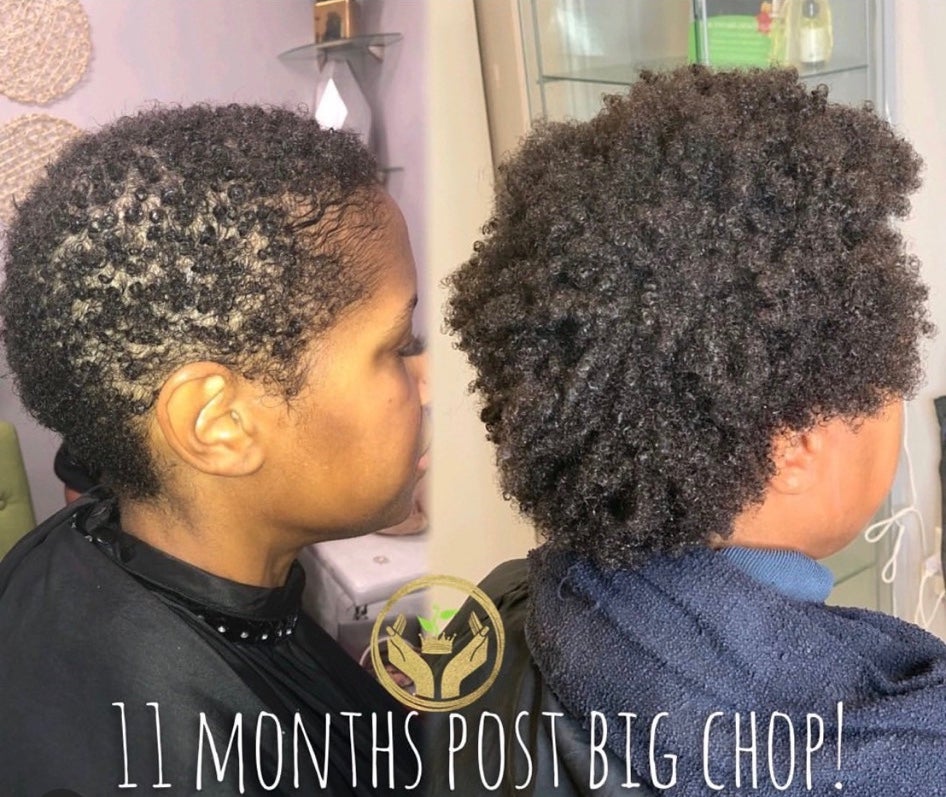
“Black women have trouble with retaining, not with growth. The growth is a natural thing, but we don’t let it grow because as soon as it comes out of the scalp we braid it up, stitch it up, sew it up, weave it up. We don’t let it be. People are like, ‘I’m stressed about my hair.’ No, your hair is more stressed than you are.” she said.
Under her program, most clients are advised to refrain from tension styling of any kind. No braids, no sew-ins, no heat, and certainly no chemicals. And in her line of work she’s discovered that the hardest part of growing their hair out for most people is not doing anything to it at all.
“Give your hair the good stuff and leave it alone. And, my clients are like, ‘But can I.’ Leave it alone. ‘But if I.’ Leave it alone. Only styles that you don’t have to touch it for a while. It’s a hard transition.”
And when it comes to trimming hair for hair health, Eaddy still sticks by the same principle of leave it alone.
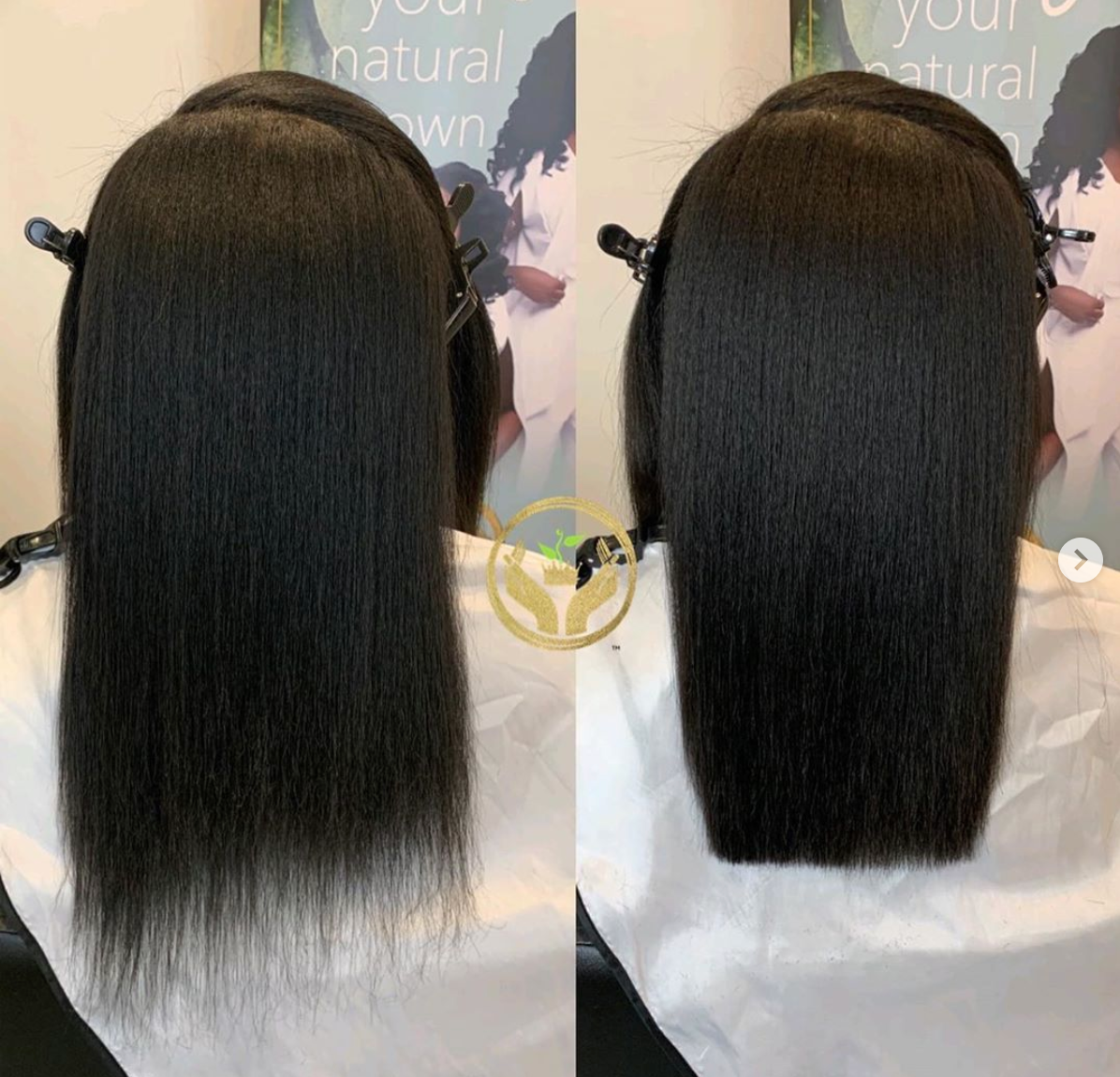
“I think that a lot of stylists over trim, because they’re doing it every six to eight weeks. For my clients, I say once a quarter, for some like every three and a half months, it depends. I have a proprietary trim that I developed, though, because cosmetologists are taught to cut for shape, but not actually retention,” Eaddy explained.
She makes the distinction that all natural hair is not the same, and gives individual analyses and plans for each client. But the concept of leaving hair to grow naturally with quality products and little manipulation is a constant. For Eaddy, it all starts with philosophy first.
“My platform is natural hair, but my ministry overall is self-love and acceptance. Because we don’t love our hair the way it comes out from the root,” she finished. “It’s getting people to honor that. And, once you honor that, you’ll see a change in your hair.”








